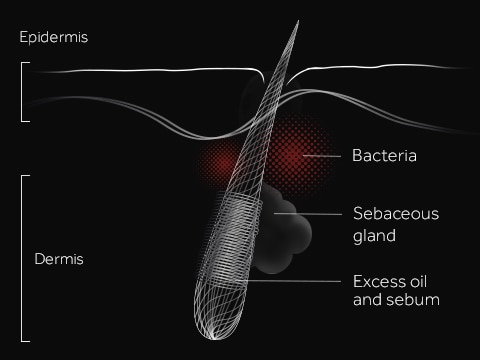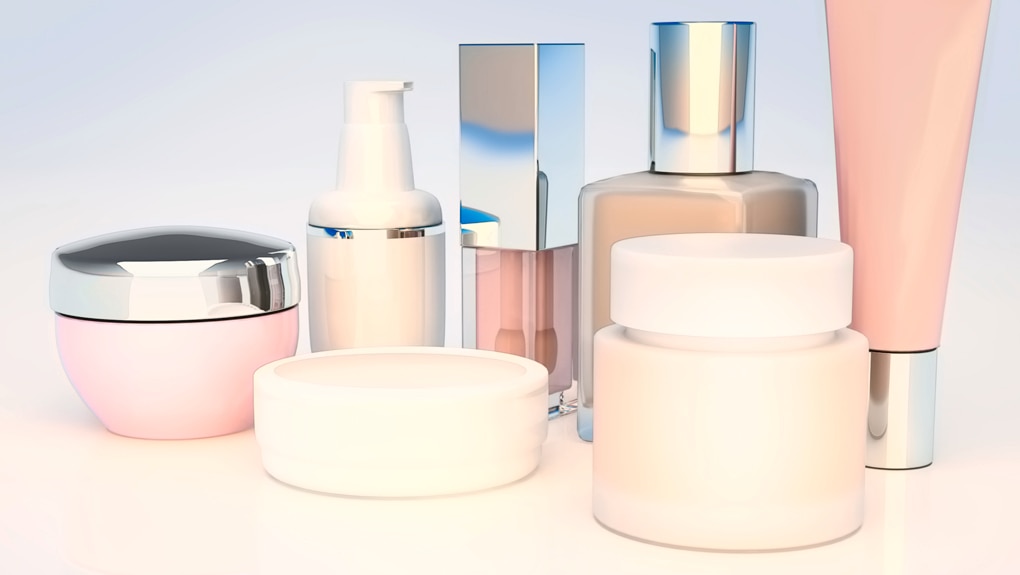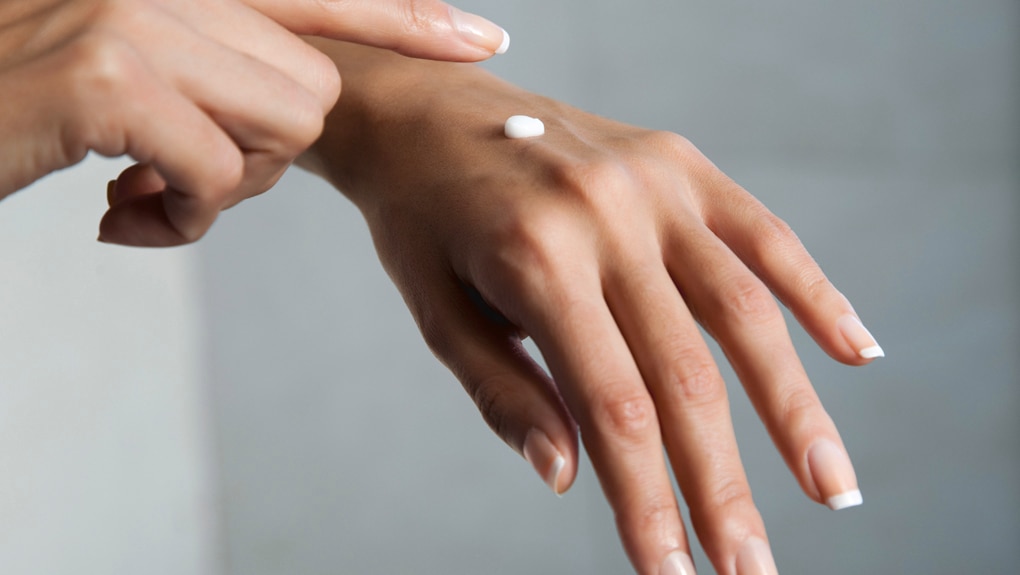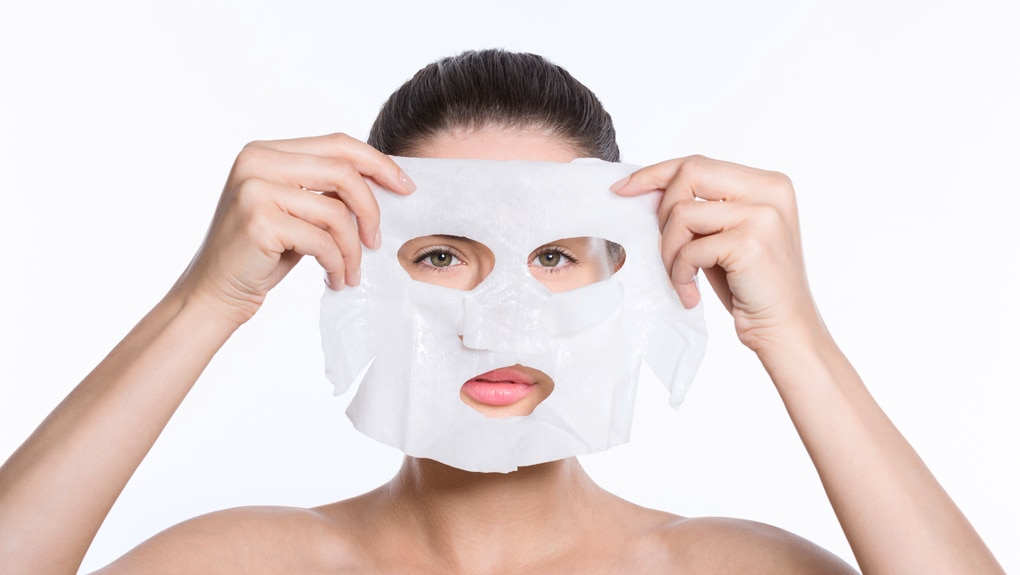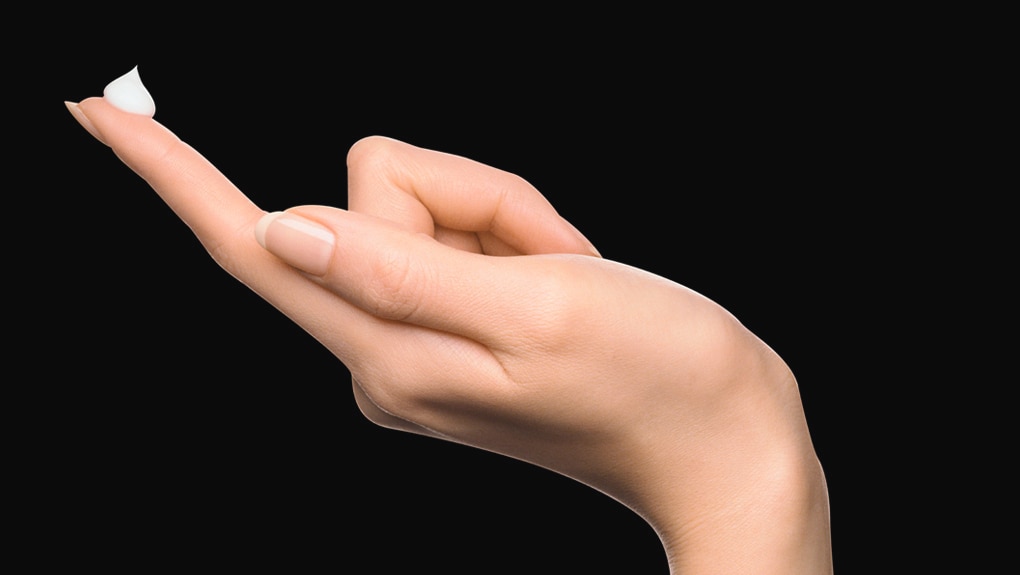True or false: These skin myths may be damaging your skin
Natural ingredients, facials… are they good for your skin?
In Pimples
A certified medical professional in aesthetic and anti-aging medicine, Dr. Pakpilai Thavisin weighs in on three skin myths.
Myth: “Expensive products work better than cheap, drugstore buys.”
Dr. Pakpilai Thavisin: False. It’s not always that expensive products work better than drugstore products. Such products usually have fancy packaging, advertising and counters in expensive departmental stores. So, read the labels, learn which ingredients work best on your skin, and choose the products that have been proven by clinical research to benefit skin needs.
Myth: “Organic and natural ingredients are better than chemical ingredients.”
Dr. Pakpilai: False. Organic products — made without use of chemicals or pesticides — are touted to be safer, with a lower risk of chemical irritation. Natural, on the other hand, doesn’t necessarily mean a product is free of chemical substances, like pesticides or insecticides. Don’t be fooled by the term “natural”, as many toxins come from natural plants.
What’s more important to note is that organic and natural products usually contain only small amounts of active ingredients, so they won’t really be able to treat some skin conditions. Some chemical ingredients can really work well, but you need to choose products that have been tested for effectiveness and safety.
Myth: “Regular facials are good for your skin”
Dr. Pakpilai: True. Facials can help get rid of excess keratin — a natural skin protein that can clog pores and cause acne, as well as dirt. Facials are done with a massaging technique to increase blood circulation in the face, making your skin glow immediately.
However, too many facials aren’t recommended because you can damage your skin: too little keratin in the skin can lead to sensitive skin, and skin that is overly stimulated or rubbed can become rough as well. A facial once or twice a month is sufficient. When having a facial, don’t be afraid to ask the therapist to be gentle as they clean and massage your face.
